Sulawesi: Exploring the Enigmatic Heart of Indonesia
Sulawesi, one of Indonesia’s most enigmatic and diverse islands, is a captivating destination. It indeed promises a myriad of cultural, natural, and historical wonders. This sprawling island, shaped like an orchid, is in the heart of the Indonesian archipelago, surrounded by the Celebes Sea, the Molucca Sea, and the Banda Sea. Sulawesi is renowned for its unique geography, which has given rise to distinct cultures, traditions, and landscapes. An ideal destination for intrepid travelers.
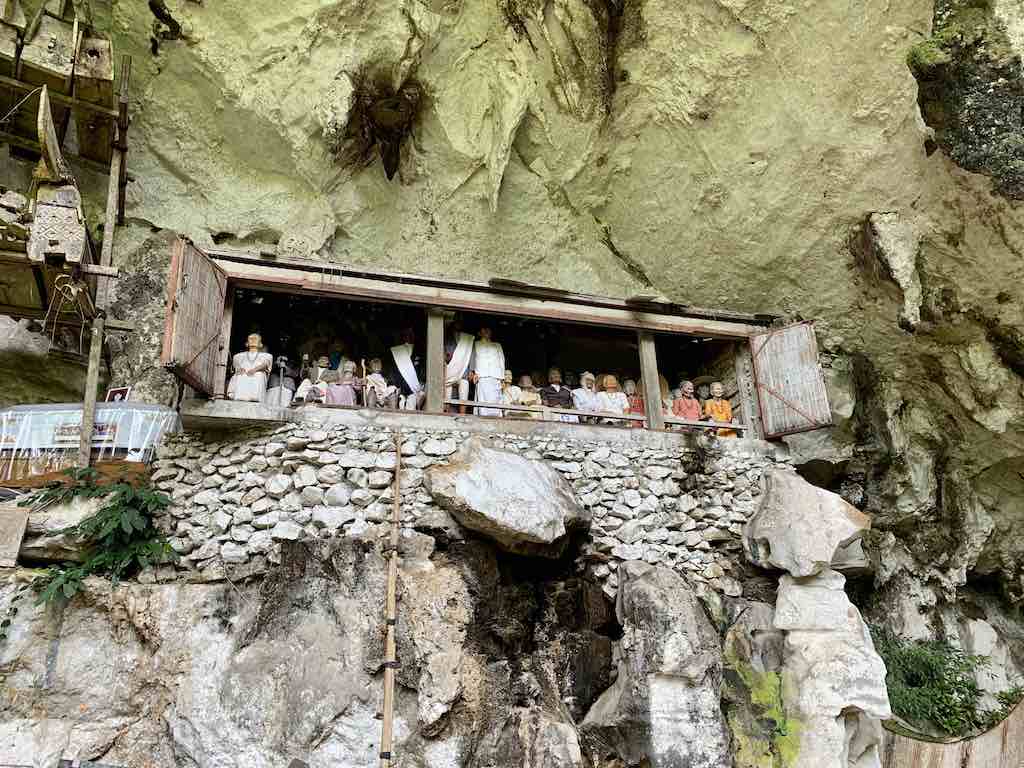
Tana Toraja: The Land of Heavenly Kings
Tana Toraja, located in South Sulawesi, is perhaps one of the most fascinating cultural destinations on the island. The Toraja people are known for their complex funeral ceremonies and unique architecture. They indeed have created a culture that blends indigenous animistic beliefs with elements of Christianity.
One of the most distinctive aspects of Torajan culture is its elaborate funeral rituals. When a person passes away, they are believed to embark on a journey to the afterlife. The funeral ceremony, known as “Rambu Solo,” is a grand celebration of their life. During this event, the families sacrifice buffalo and pigs and hold massive ceremonies in the deceased’s honor.
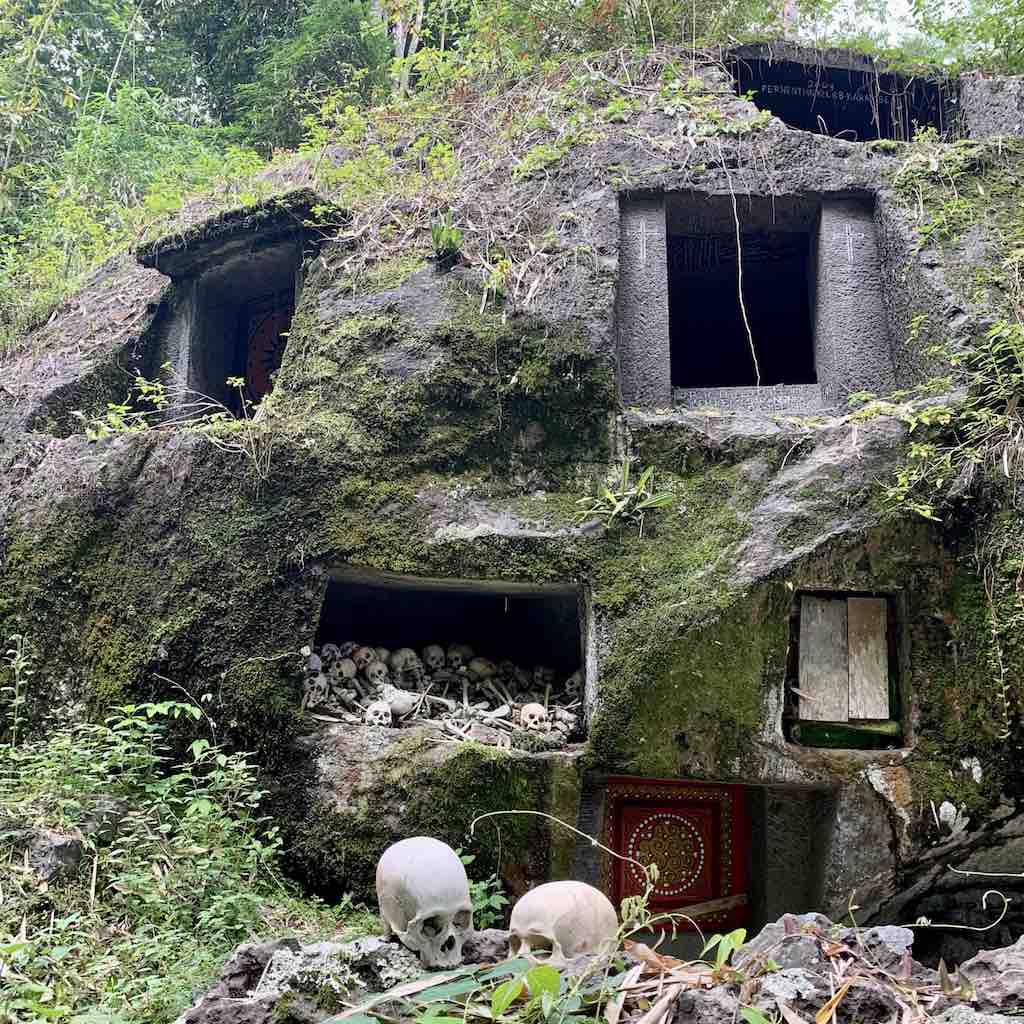
Tana Toraja is also famous for its traditional Tongkonan houses, which are characterized by their boat-shaped roofs and intricate wood carvings. These houses hold significant cultural and spiritual importance and are a testament to the Torajan people’s rich history.
The stunning natural landscapes of Tana Toraja further enhance the region’s appeal. Lush rice terraces, dramatic cliffs, and dense forests provide ample opportunities for trekking and exploration. The Batutumonga viewpoint, in particular, offers breathtaking panoramic views of the landscape.
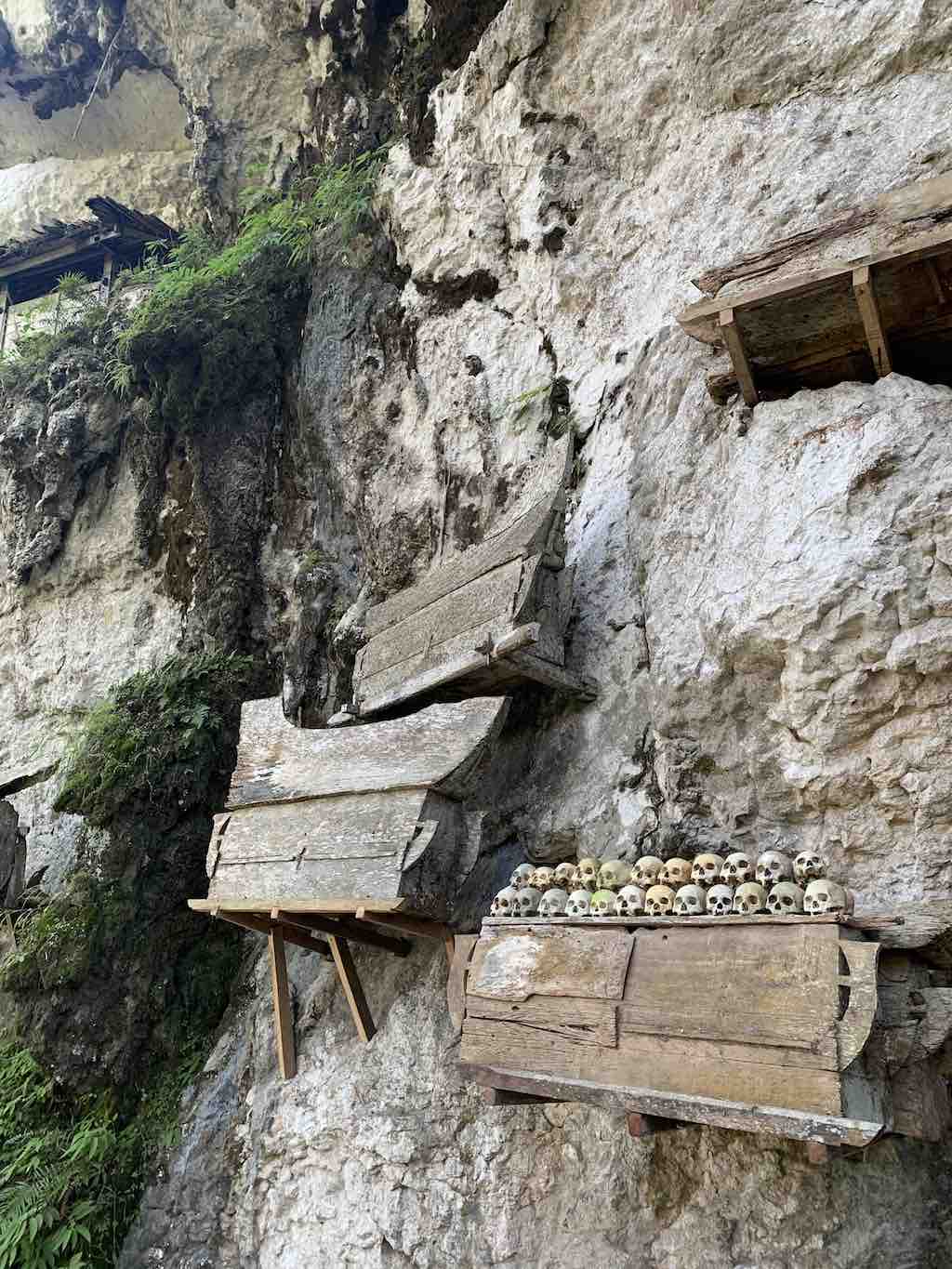
Manado: A Gateway to Underwater Wonders
Manado is the capital of North Sulawesi. It is a gateway to some of the world’s most renowned diving and snorkeling sites. The Bunaken Marine Park, a short boat ride from Manado, is a UNESCO World Heritage Site and boasts a stunning diversity of marine life. Underwater enthusiasts will see their colorful coral reefs, schools of fish, and meet various species of turtles and sharks.
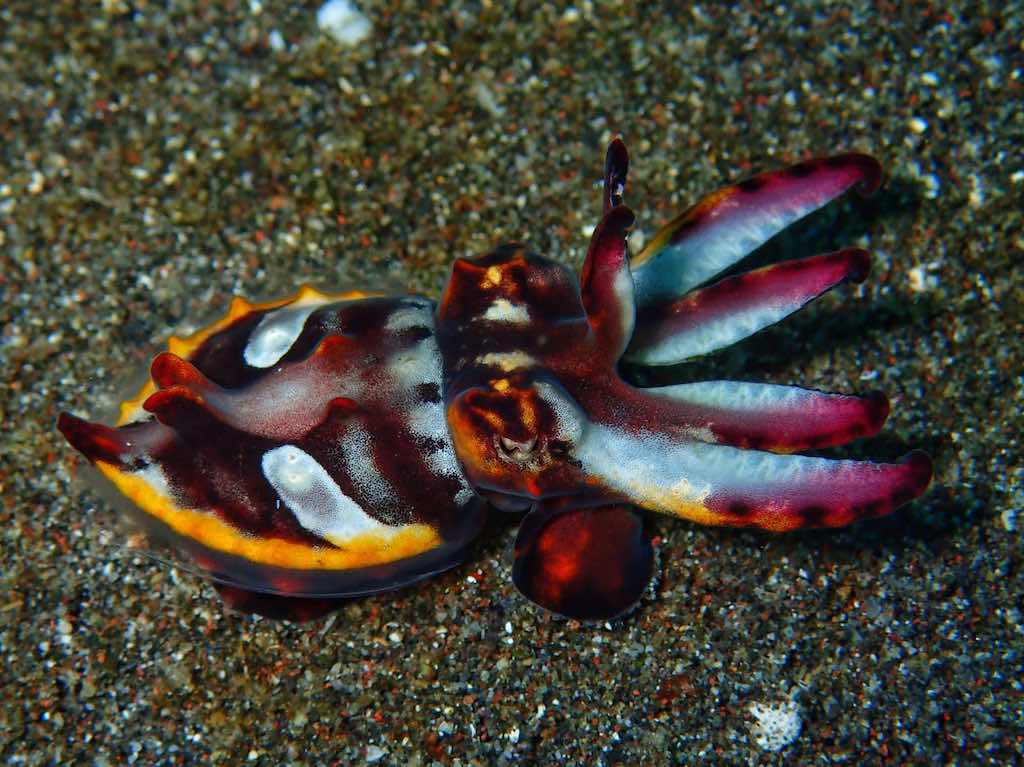
The Lembeh Strait, near Manado, is famous for its muck diving. Scuba divers can spot in Lembeh unique and unusual creatures such as seahorses, octopuses, and various species of colorful nudibranchs. It’s a dream destination for macro photographers and marine biologists.
Beyond the underwater wonders, Manado has a vibrant local culture. The Minahasa people, known for their culinary traditions, offer a delightful array of spicy and flavorful dishes. A trip to the bustling Tomohon Traditional Market provides an opportunity to savor local delicacies and witness the daily life of the Minahasa.
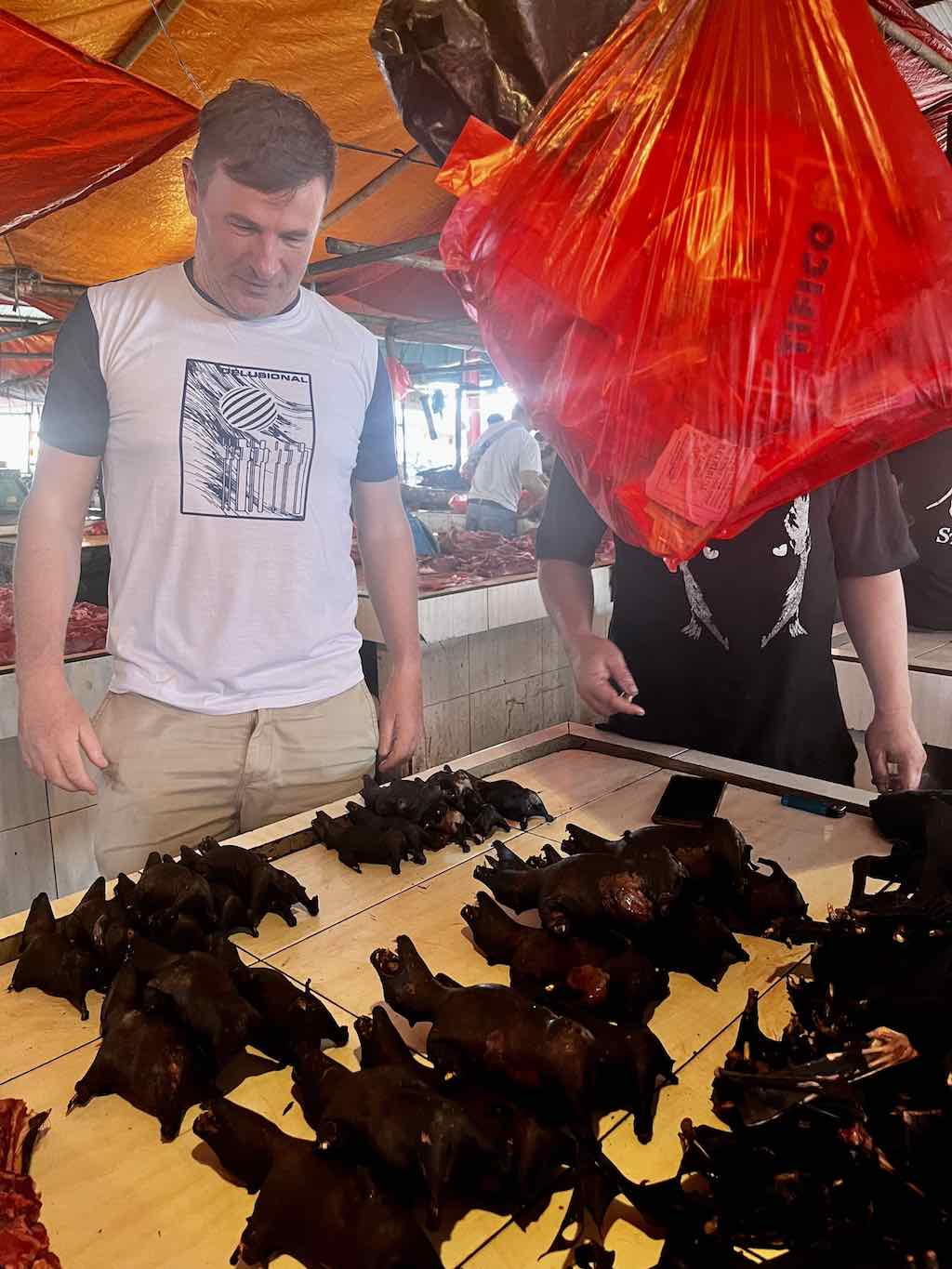
Makassar: Where History Meets Modernity
Makassar is the capital of South Sulawesi. It effortlessly blends history and modernity. Known as Ujung Pandang during the Dutch colonial era, Makassar has played a significant role in Indonesia’s maritime history. Fort Rotterdam, a well-preserved Dutch fortress, is a reminder of the city’s colonial past.
Makassar is also famous for its culinary delights. Seafood lovers will find themselves in paradise as they explore the city’s vibrant street food scene. Savoring dishes like “coto makassar” (a beef stew) and “konro” (ribs soup) in a local eatery is a must.
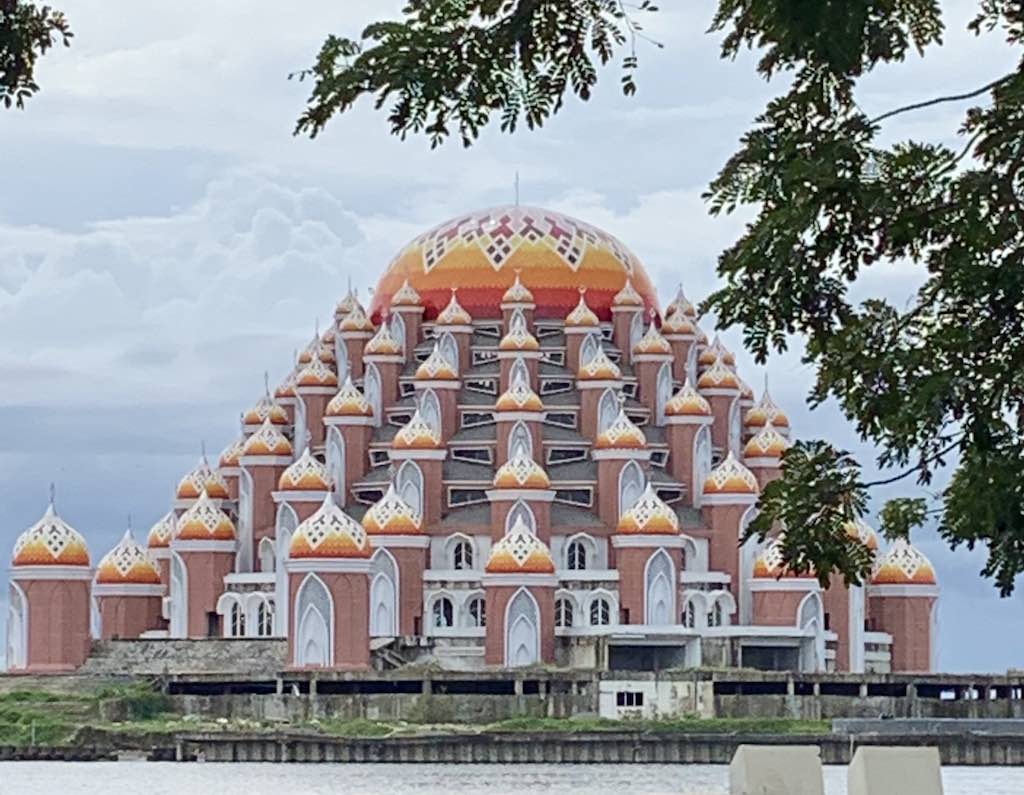
The Paotere Port, with its colorful wooden sailing ships, offers a glimpse into Makassar’s maritime heritage. The bustling harbor is a hive of activity, and it’s fascinating to watch the goods being loaded and unloaded.
Makassar’s Losari Beach is on the other hand the perfect place to enjoy a sunset stroll, sipping on coconut water while witnessing the daily life of the locals. With its bustling markets, historic sites, and contemporary urban developments, Makassar offers a multifaceted experience.
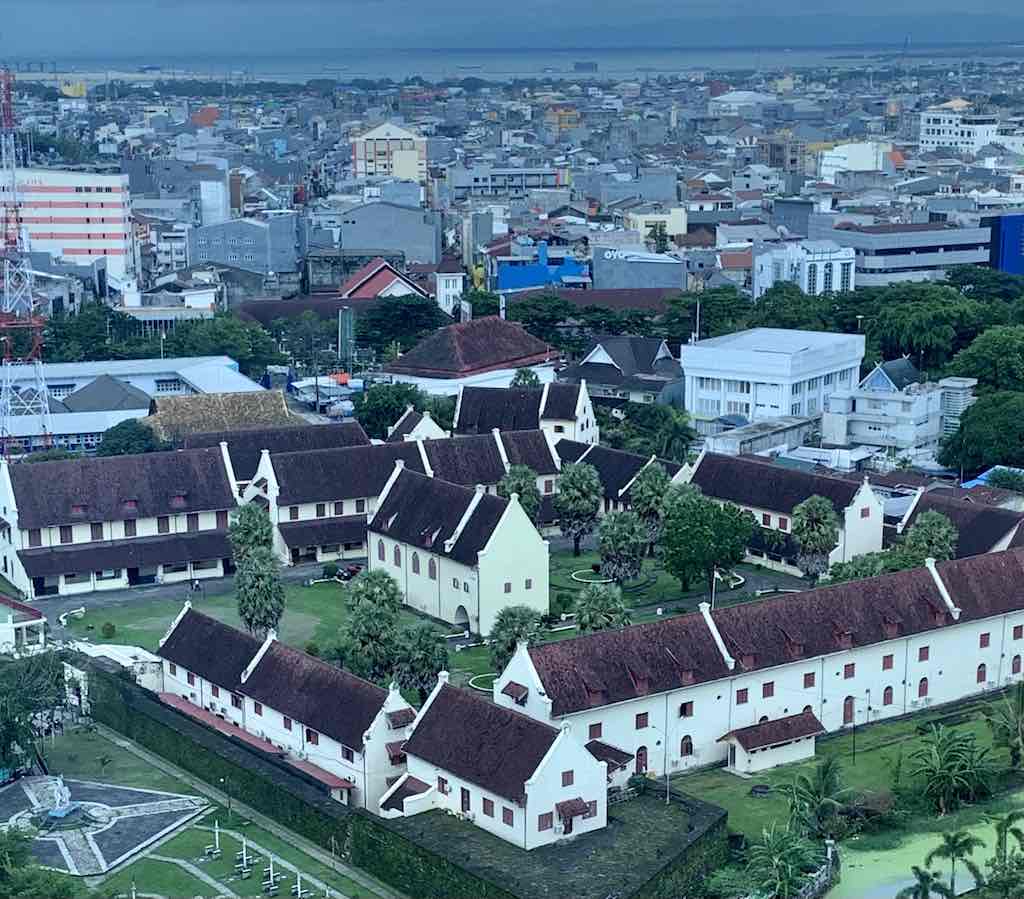
Get to Sulawesi
Getting to Sulawesi is straightforward thanks to its major cities being well-connected by air and sea. The island’s primary gateway is Sultan Hasanuddin International Airport (UPG) in Makassar, which receives direct flights from Jakarta, Bali, Surabaya, and other Indonesian cities, as well as international flights from nearby countries like Malaysia and Singapore. Other airports, such as Sam Ratulangi International Airport (MDC) in Manado, serve northern Sulawesi and are ideal for travelers heading to Bunaken Marine Park or Lembeh Strait.
If you’re island-hopping within Indonesia, ferries operated by Pelni provide a slower but scenic option for reaching Sulawesi, connecting it to neighboring islands like Kalimantan, Maluku, and Flores. Once on the island, buses, shared vans, and domestic flights make it easy to explore Sulawesi’s diverse regions, from the cultural wonders of Tana Toraja to the pristine reefs of Wakatobi. Read my page about how to get around Indonesia to know more.